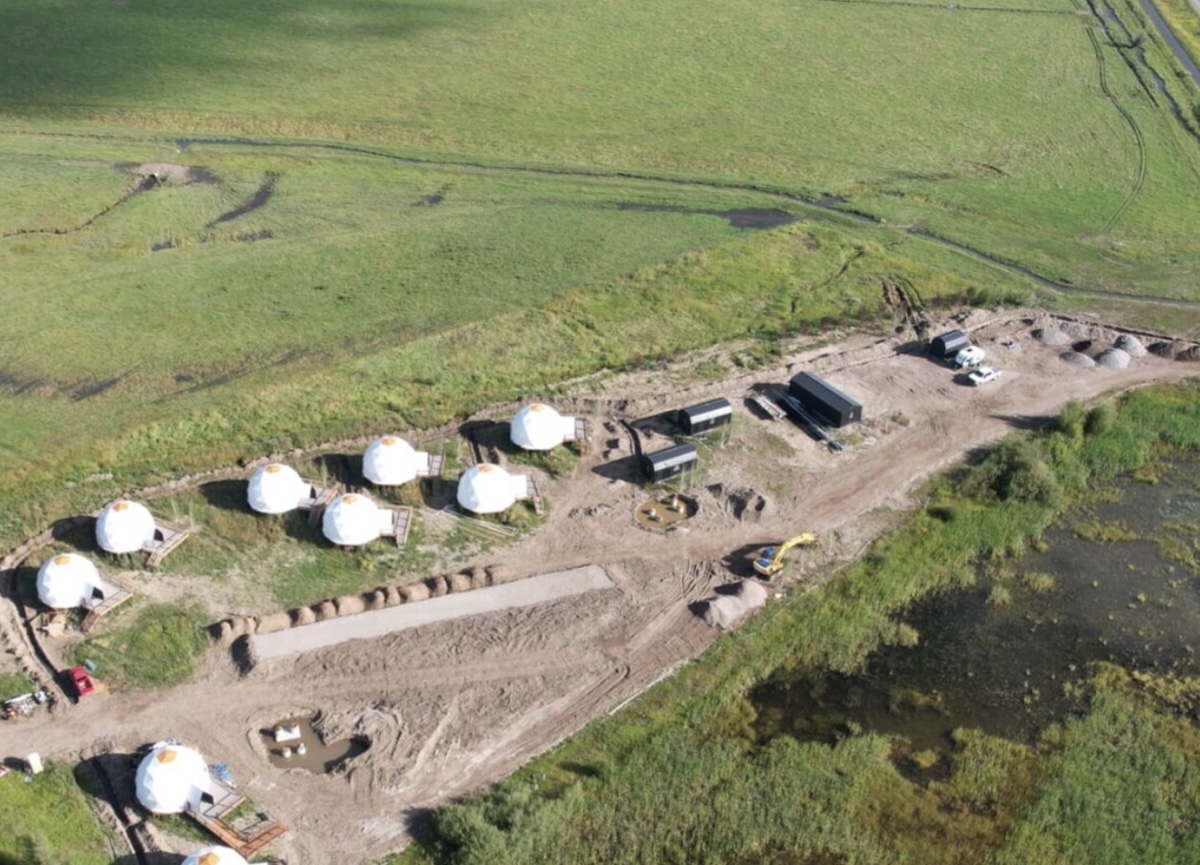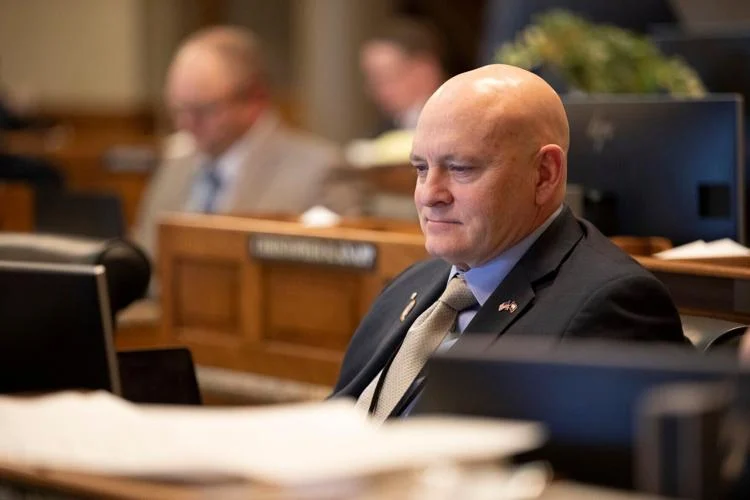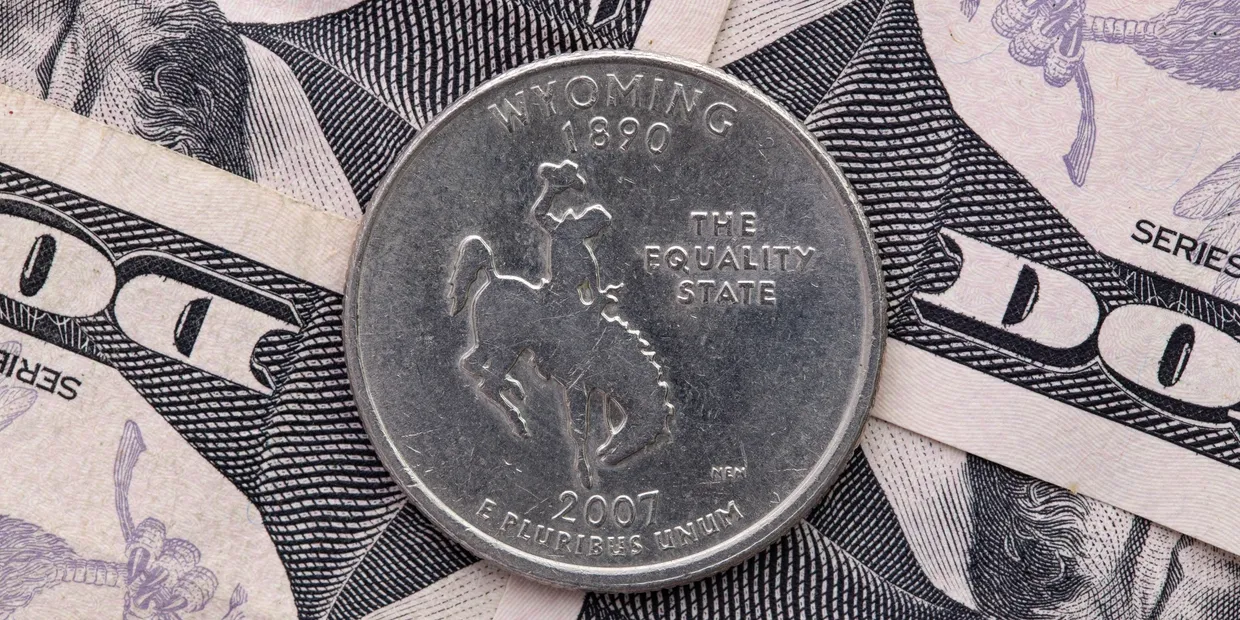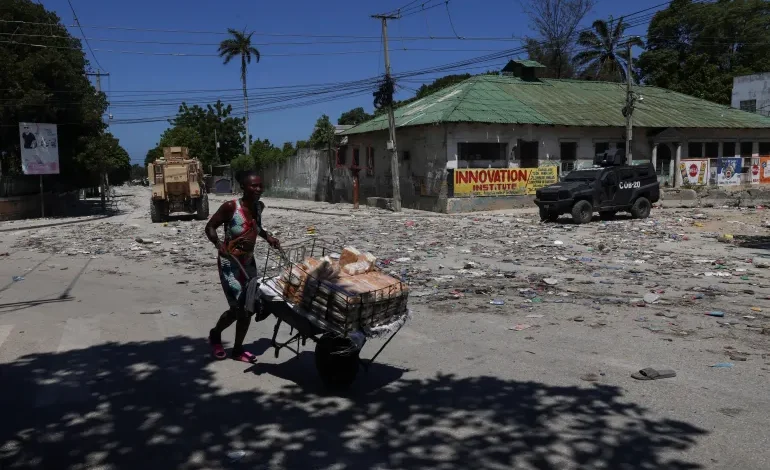Haiti’s interim prime minister, Garry Conille, has issued a stark warning, declaring that the country is far from overcoming the rampant violence perpetrated by armed groups that control large swathes of territory, appealing for greater international support to restore safety and stability, Al Jazeera reports.
“We are nowhere near winning this, and the simple reality is that we won’t without your help,” Conille stated at an event on the sidelines of the United Nations General Assembly in New York, adding that “the Haitian people are watching with cautious optimism, they’re really hoping to see clear results.”
Haiti has been plagued by years of escalating violence, driven by powerful armed groups often linked to the country’s political and business elite. The situation drastically worsened in late February when gangs launched attacks on prisons and state institutions across the capital, Port-au-Prince.
This surge in violence led to the resignation of Haiti’s unelected prime minister and the formation of the transitional presidential council. It also prompted the deployment of a UN-backed, multinational police force led by Kenya, known as the Multinational Security Support Mission (MSS).
Although around 10 countries have pledged over 3,100 troops to the MSS, only approximately 400 have been deployed. The mission’s one-year mandate is set to expire in early October, and the UN Security Council will vote on September 30th on its renewal.
UN Secretary-General Antonio Guterres highlighted the critical lack of funding for both the MSS and the Haitian National Police. “I urge all those who have made financial commitments to deliver on them urgently,” he stated, emphasizing the need for sufficient resources for the mission and humanitarian response.
Over 700,000 Haitians have been displaced due to the violence and instability, seeking refuge in makeshift camps in Port-au-Prince. The crisis has also driven many Haitians to flee the country in search of safety.
The US, the MSS’s primary backer, has been pushing for increased funding and personnel to strengthen the force. The US State Department announced on Wednesday a $160 million contribution to development, economic, health, and security assistance for Haiti.
Reports also suggest that Washington is considering transitioning the MSS into a UN peacekeeping operation. This potential change received support from Kenyan President William Ruto, who visited Haiti recently to assess the mission’s progress.
However, many Haitians remain wary of UN interventions, citing past deployments that brought more harm than good, such as the deadly 2010 cholera outbreak linked to a UN peacekeeping base and accusations of rape and sexual abuse by UN forces.
While Haitian civil society leaders cautiously welcome the multinational mission as a needed boost against the gangs, they emphasize that a solution cannot be achieved through force alone. They advocate for greater support and training for the Haitian National Police, an end to corruption, and a Haitian-led political process to address the root causes of the crisis.









